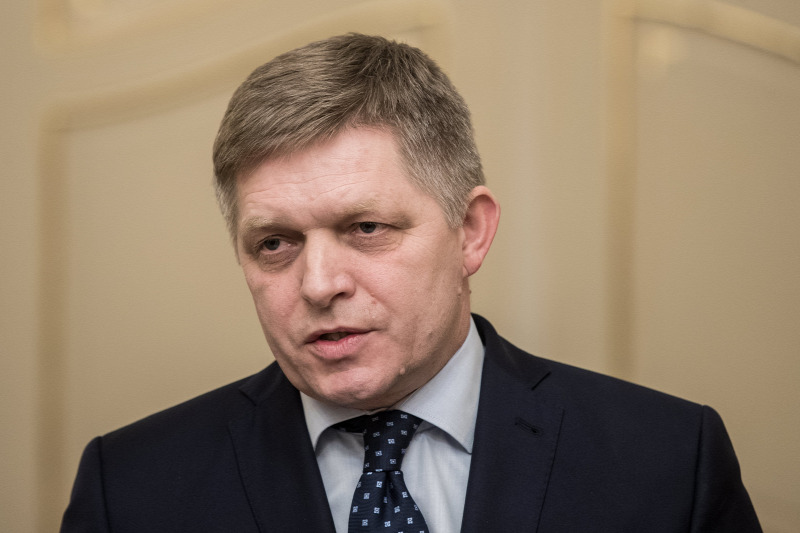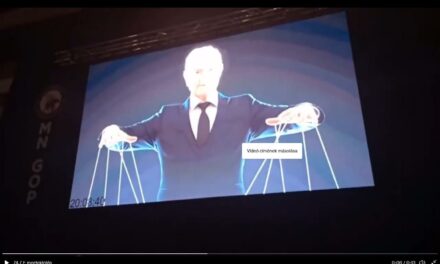Early elections may soon take place in Slovakia after the four-party government coalition shrunk to a three-party coalition on Monday and became a minority. The cabinet emphasizes the need for stability during the energy crisis, but the opposition, seeing favorable surveys, will fight for the calling of new elections. If Robert Fico comes to power, Slovakia's attitude to the Russian-Ukrainian war may change significantly.
The Direction-Social Democracy (Smer-SD), led by former Prime Minister Robert Fico, would win the Slovak elections with 19.1 percent of the votes if they were held now, according to a recent survey published yesterday. The party of former Prime Minister Peter Pellegrini's Hang-Szotialdemokrácia (Hlas-SD), which broke away from Smer-SD, would finish in second place with 17 percent. Together, the two would win 64 seats in the 150-member parliament. Together with a third party, such as the radical right-wing Republic (7.1 percent, 13 seats), which has been mentioned as a possible coalition partner, they would already have a government majority.
All of this is important because, in the current situation, it is not at all ruled out that an early election will take place instead of the elections due in February 2024.
The four-party right-liberal coalition shrunk to a three-party coalition on Monday, after the tension that had built up over the past two and a half years reached its peak, and the liberal Freedom and Solidarity (SaS) withdrew, satisfying internal disputes. Richard Sulík, president of the SaS, Minister of Economy, Foreign Minister Ivan Korcok, Minister of Justice Mária Kolíková and Branislav Gröhling, head of the Ministry of Education, left the government. The governing parties have only 68 representatives left. According to the survey, two of the three governing parties would just cross the five percent threshold necessary to enter parliament.
According to Juraj Marusiak, political scientist and historian of the Slovak Academy of Sciences, Slovakia's economy is also suffering from the energy crisis caused by the Russian-Ukrainian war and EU sanctions against Moscow. Robert Fico has repeatedly criticized the Bratislava government for supporting energy sanctions, saying that the desire to harm Russia at all costs is driving the European economy into a corner. Fico also criticized Slovakian arms shipments to Ukraine. All of this suggests that a possible Fico government would much more share the position of the Hungarian government on the issue of war than that of the Western mainstream. he announced
Source and full article: Magyar Nemzet
Featured image: Origo












